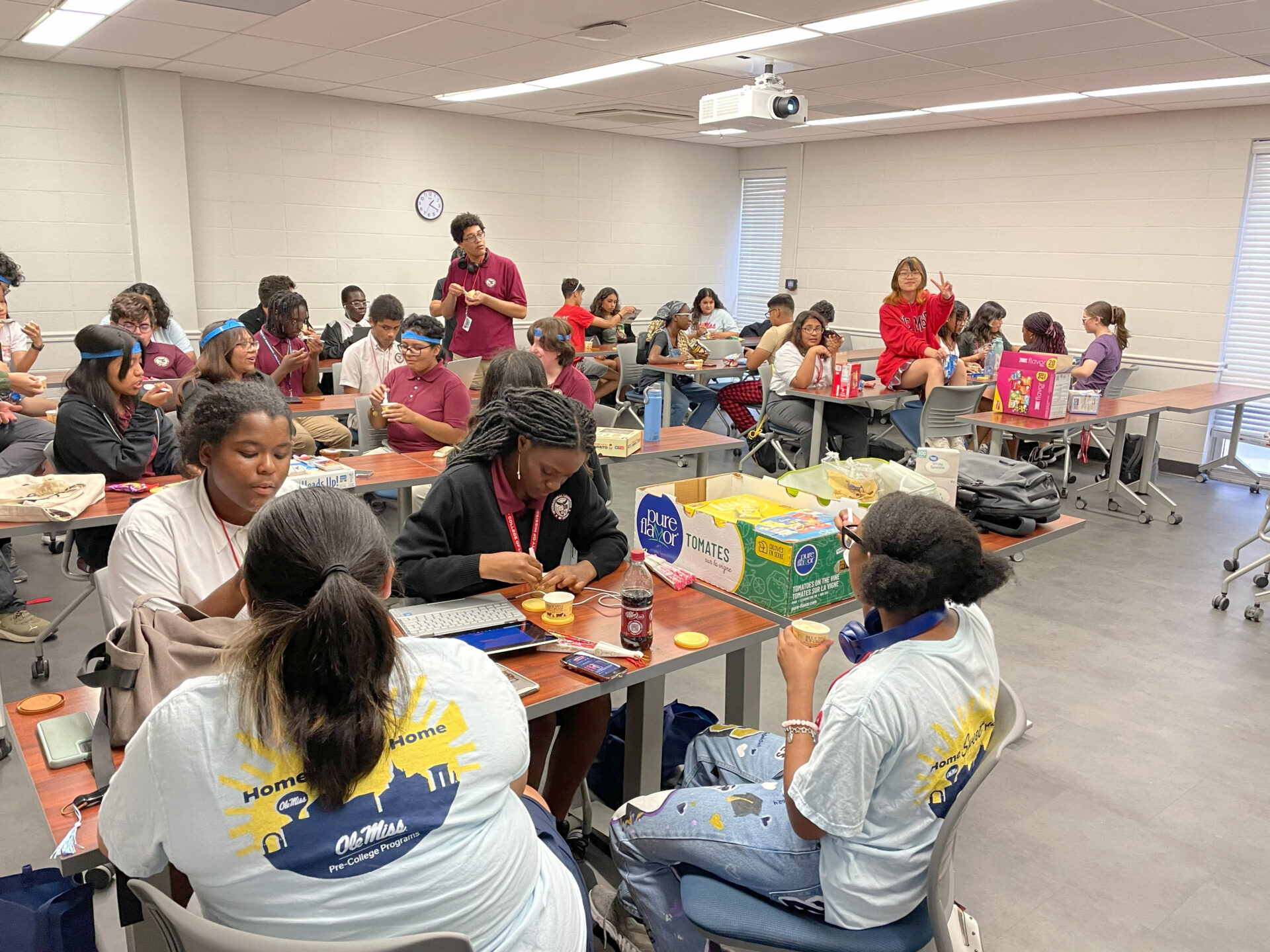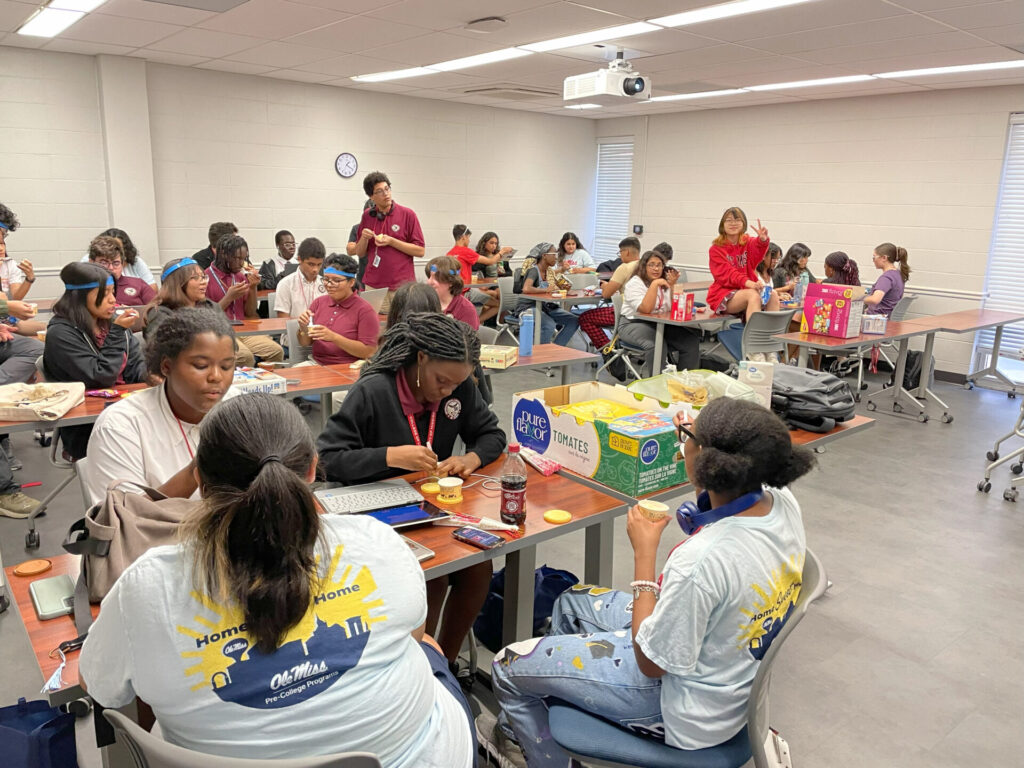Featured
Summer Language Institute Welcomes 74 High School Students

By Clara Turnage
University of Mississippi

Dozens of high school students have flocked to the University of Mississippi this summer for the second annual Summer Language Institute, a rigorous training program for young language learners.
The program, which began in 2022, allows rising high school juniors and seniors from across the country to earn college credit in Chinese courses, with six classes during the four-week program.
“This summer, our Summer Language Institute has exploded,” said Donald Dyer, associate dean for faculty and academic affairs in the College of Liberal Arts and distinguished professor of modern languages. “We had 15 kids here last year for Chinese. This year, we have 74.”
Most of those students, 69, are a cohort of language learners from the International Leadership of Texas, a charter school network across east Texas. After meeting with faculty of the UM Chinese Language Flagship Program last summer during a campus visit, leaders of the charter network sent 30 high school seniors to Ole Miss in fall 2022 and, ultimately, decided to send a larger cohort to this year’s Summer Language Institute.
“That school district has a mission of teaching students leadership, Spanish and Chinese from kindergarten through 12th grade,” Dyer said. “We offered them an opportunity to collaborate with us, and they were very taken by that.”
Two students from that cohort, rising juniors Jaden Le and Emma Thomas, both of Fort Worth, said they’ve seen their language skills improve since they began the classes earlier this month.
“I thought it would be a good experience to not only learn the language but also the culture and to experience college life,” Thomas said. “I’ve learned a lot of new words that I can apply to everyday life. It’s been really helpful.”
Fifteen rising ninth and 10th graders from the charter school network also attended the Mississippi StarTalk Chinese program, a two-week immersion camp in Chinese which was held earlier this summer, bringing the total number of attendees from the International Leadership of Texas up to 84.
The importance of learning Chinese, which the United States declared a critical language in the early ’90s, is varied, Dyer said. Chinese is the second-most commonly spoken language in the world, and is integral to business and international relations. But learning a second language is also inherently beneficial to students, Dyer said.
“Language learning is, first of all, a kind of learning that engages lots of different cognitive abilities,” he said. “It’s not just vocabulary and memorization, it’s strategies for communication and solving problems. It keeps you on your toes.
“Communicative problem solving has both professional and practical applications.”
UM faculty and graduate students, as well as local high school teachers of Chinese, are teaching the program, which began June 28 and runs through Friday (July 28). Abner Zhang, a doctoral student and a graduate instructor of Chinese, used one word to describe the summer institute: “intense.”
Students spend five hours each day in classes devoted solely to language learning. Zhang said his class has daily quizzes, monologues and dialogues that students must perform and encourages more comprehensive learning of the language by asking students to create social media influencer-style “day in the life” vlogs.
“If we want to develop our students into global citizens, they have to learn these languages,” Zhang said. “Not just the grammar, but how to negotiate, how to do business in a second language.”
Trinity McCree, a rising junior from Fort Worth, said she plans to use her knowledge of the language to work in international relations and to bridge language and cultural gaps between groups of people.
“I want to be able to understand the culture from a different standpoint, not just the American view,” McCree said. “That’s important because there are people who are misunderstood because of language barriers. I come from a multicultural family; I know how important that is.”
“Knowing a language that others may not helps people feel less alone,” agreed rising senior Tiffany Kalema, from Dallas. “That’s what I want to do – I want to help people.”




























